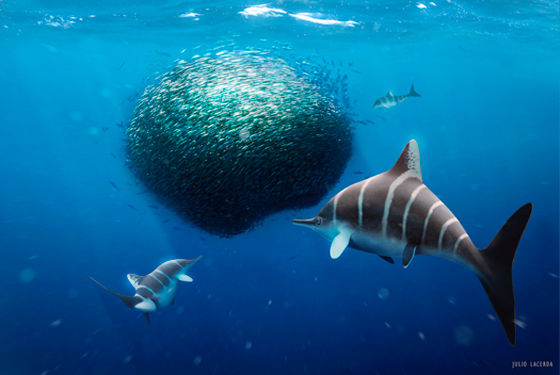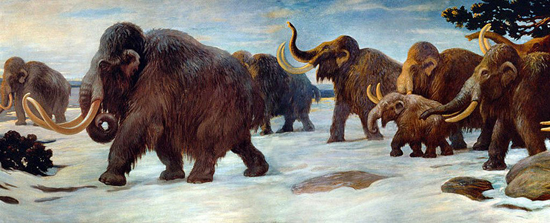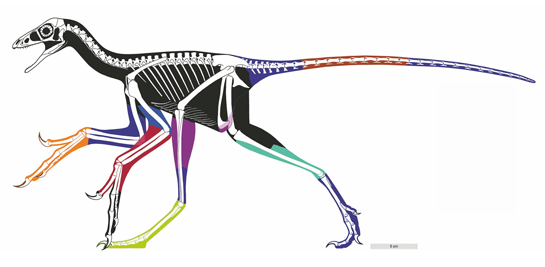Darwin uses Cosmogony to Argue against Independent Creation of Species
Our tea stained and well-worn copy of the “Origin of Species” the seminal work by Charles Darwin has been well-thumbed this year, what with 2009 being the 200th anniversary of Darwin’s birth and the 150th anniversary of this books first publication.
In chapter five, of our edition (based on the third edition published), Darwin attempts to map put the laws of variation in nature, covering areas such as the effect of climate and environment on natural selection and the reversion of long-lost characters through successive generations.
At the time of Darwin’s research and writing of his most famous book, most scientists believed that species existed forever and that even though similarities in species and genera were recognised, all types of organism had been independently created. Darwin and a number of other academics and scientists were beginning to challenge this view and Darwin on his chapter detailing the laws of variation comments on the beliefs of cosmogonists as he draws this particular part of this argument for natural selection to a close. We had not come across this word – cosmogonists before. An explanation is not provided in the book’s glossary, so we had to look up the definition in a dictionary.
Cosmogony is the study of the origin of the universe, a cosmogonist is someone who studies cosmogony or believes in these principles. The word is derived from the Greek “kosmogonia” from the word kosmos meaning world and gonia meaning begetting.
Darwin compares the beliefs of cosmogonists to those views held by himself after his research into the origin of species and natural selection. He describes the re-emergence of striped features in types of horse as an indication that all these diverse and geographically widespread equines shared a common ancestor.
Darwin writes: “He who believes that each equine species was independently created, will I presume, assert that each species has been created with a tendency to vary, both under nature and under domestication, in this particular manner, so as often to become striped like other species of this genus; and that each has been created with a strong tendency , when crossed with species inhabiting distant quarters of the world, to produce hybrids resembling in their stripes, not their own parents, but other species of the genus.”
He goes on to write: “To admit this view is, as it seems to me, to reject a real for an unreal, or at least for an unknown ,cause. It makes the works of God a mere mockery and deception; I would almost as soon believe with the old and ignorant cosmogonists, that fossil shells had never lived, but had been created in stone so as to mock the shells now living on the sea-shore.”
One of the important aspects of Darwin’s work, is the way in which he uses prose to get his message across. He had studied the works of many poets and other writers, the long voyage on the Beagle gave him plenty of opportunity to do so and his use of words and his ability to express himself eloquently has been admired by many modern writers.
Visit Everything Dinosaur’s award-winning website: Everything Dinosaur.






Leave A Comment